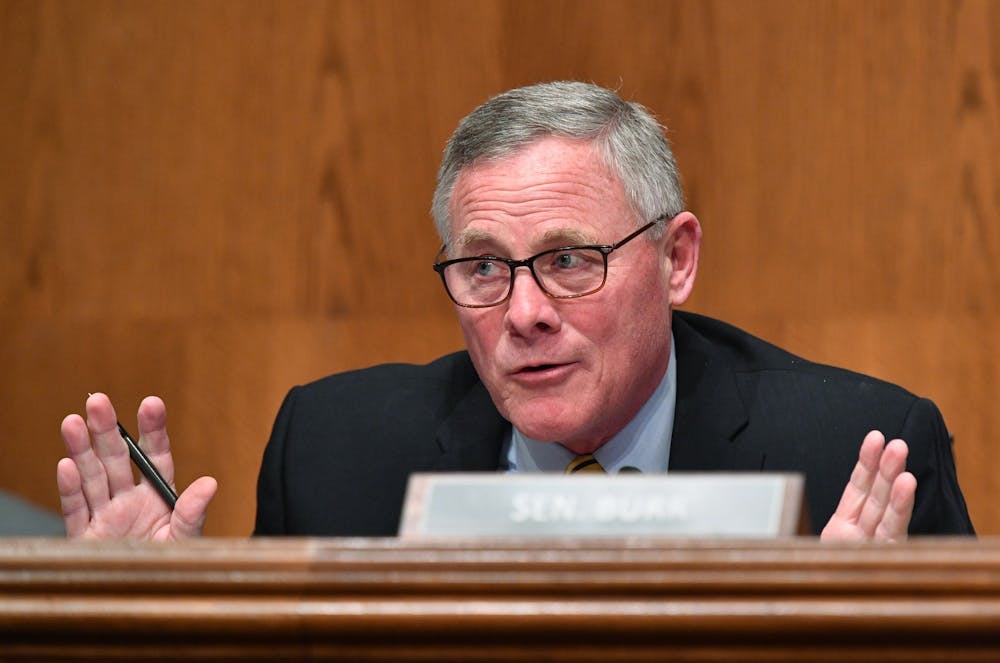Last week, North Carolina Senator Richard Burr proposed a bill, the "NIL Scholarship Tax Act," that would tax the scholarships of some college athletes who profit from name, image and likeness (NIL) deals.
Burr’s proposed bill would require college athletes who earn more than $20,000 from NIL deals to include their scholarship as taxable income. However, athletes are already required to pay taxes from any form of compensation from their NIL deals.
Effectively, between scholarships and NIL deals, athletes would be double taxed.
For those following Burr’s opinion on NIL deals, his proposal does not come as a surprise. This was a move Burr had been plotting for almost two years, far before NIL deals were allowed for college athletes.
“If college athletes are going to make money off their likenesses while in school, their scholarships should be treated like income," Burr said in an October 2019 tweet. "I’ll be introducing legislation that subjects scholarships given to athletes who choose to 'cash in' to income taxes.”
To further complicate the proposed system, it is currently unclear how scholarships would be taxed. College athletes never receive the physical money the scholarship is worth — instead, they receive the benefits covered by the scholarship, including tuition, food and room and board.




